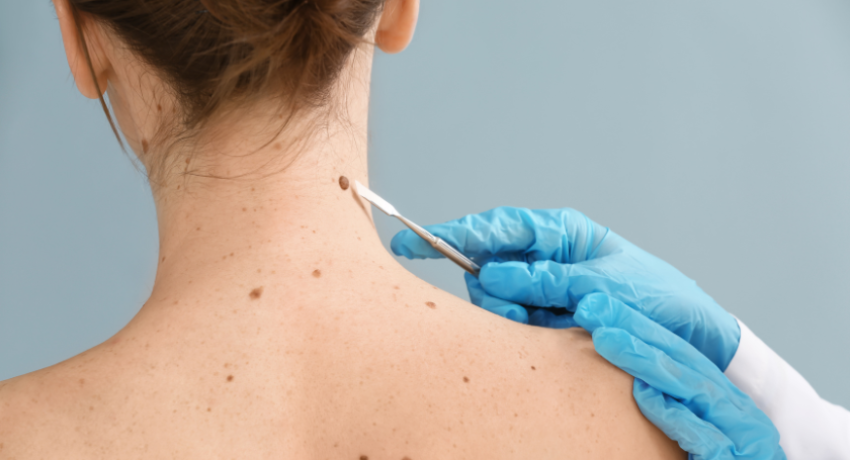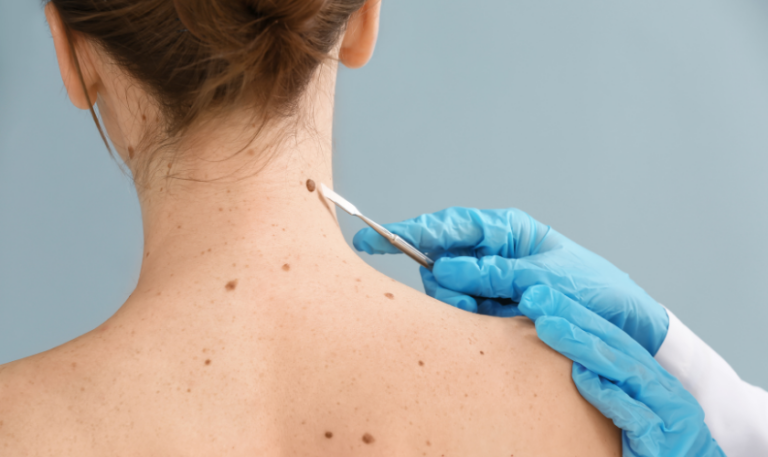Basal cell carcinoma (BCC) is the most common type of skin cancer, often requiring surgical intervention for removal. After undergoing BCC surgery, proper post-operative care is essential to promote healing, reduce complications, and optimize outcomes. Let’s explore expert tips for post-surgical care to ensure optimal recovery and skin health.
Understanding Basal Cell Carcinoma Surgery: What to Expect
Basal cell carcinoma surgery aims to remove cancerous growths while preserving surrounding healthy tissue. Depending on the size, location, and extent of the BCC, various surgical techniques may be employed, including excision, Mohs surgery, or cryosurgery.
Following BCC surgery, the treated area will require special attention to facilitate healing and minimize the risk of complications. Dermatologists emphasize the importance of adhering to post-operative care instructions for the best possible outcome.
Wound Care Essentials: Nurturing the Healing Process
Proper wound care is paramount after basal cell carcinoma surgery. Keep the surgical site clean and dry, following dermatologist-recommended cleansing techniques. Gently wash the area with mild soap and water, avoiding harsh scrubbing or rubbing.
Apply prescribed or recommended topical treatments, such as antibiotic ointments or healing creams, to promote tissue regeneration and prevent infection. Protect the surgical site from trauma, excessive sunlight, and environmental irritants by covering it with sterile dressings or bandages.
Pain Management Strategies: Comfort and Relief
Discomfort and pain are common after BCC surgery, but various pain management strategies can help alleviate symptoms and improve comfort levels. Over-the-counter pain relievers, such as acetaminophen or ibuprofen, may be recommended by dermatologists to manage mild to moderate pain.
For more severe discomfort, prescription pain medications or topical anesthetics may be prescribed. Follow your dermatologist’s instructions carefully regarding medication dosage and frequency to ensure safe and effective pain management.
Monitoring for Complications: Recognizing Red Flags
While most cases of basal cell carcinoma surgery heal without complications, it’s essential to monitor for any signs of infection, delayed healing, or other issues that may arise. Contact your dermatologist immediately if you experience:
- Persistent redness, swelling, or warmth at the surgical site
- Excessive pain or tenderness
- Plus, drainage or foul odor from the wound
- Fever or chills
Early detection and prompt treatment of complications are critical for successful recovery and optimal outcomes.
Nutrition and Hydration: Fueling the Healing Process
Proper nutrition and hydration play a vital role in supporting the body’s healing process after BCC surgery. Stay well-hydrated by drinking plenty of water and consuming hydrating foods, such as fruits and vegetables.
Opt for a balanced diet rich in vitamins, minerals, and protein to provide the essential nutrients your body needs for tissue repair and regeneration. Consult with a dermatologist or nutritionist for personalized dietary recommendations tailored to your specific needs and circumstances.
Follow-Up Care and Monitoring: Long-Term Skin Health
After basal cell carcinoma surgery, ongoing follow-up care and monitoring are essential for long-term skin health and cancer surveillance. Attend scheduled appointments with your dermatologist for wound checks, suture removal, and skin examinations.
Dermatologists will evaluate the surgical site, assess healing progress, and monitor for any signs of recurrence or new skin lesions. Follow their recommendations for skin cancer prevention, sun protection, and self-examination to reduce the risk of future skin cancers.
Post-surgical care is a crucial component of basal cell carcinoma treatment, ensuring optimal healing and long-term skin health. By following dermatologist-recommended guidelines for wound care, pain management, monitoring for complications, and maintaining overall health, you can support the healing process and minimize the risk of complications.
For personalized guidance and expert care throughout your BCC treatment journey, consult with experienced dermatologists who specialize in skin cancer management and surgical procedures.





